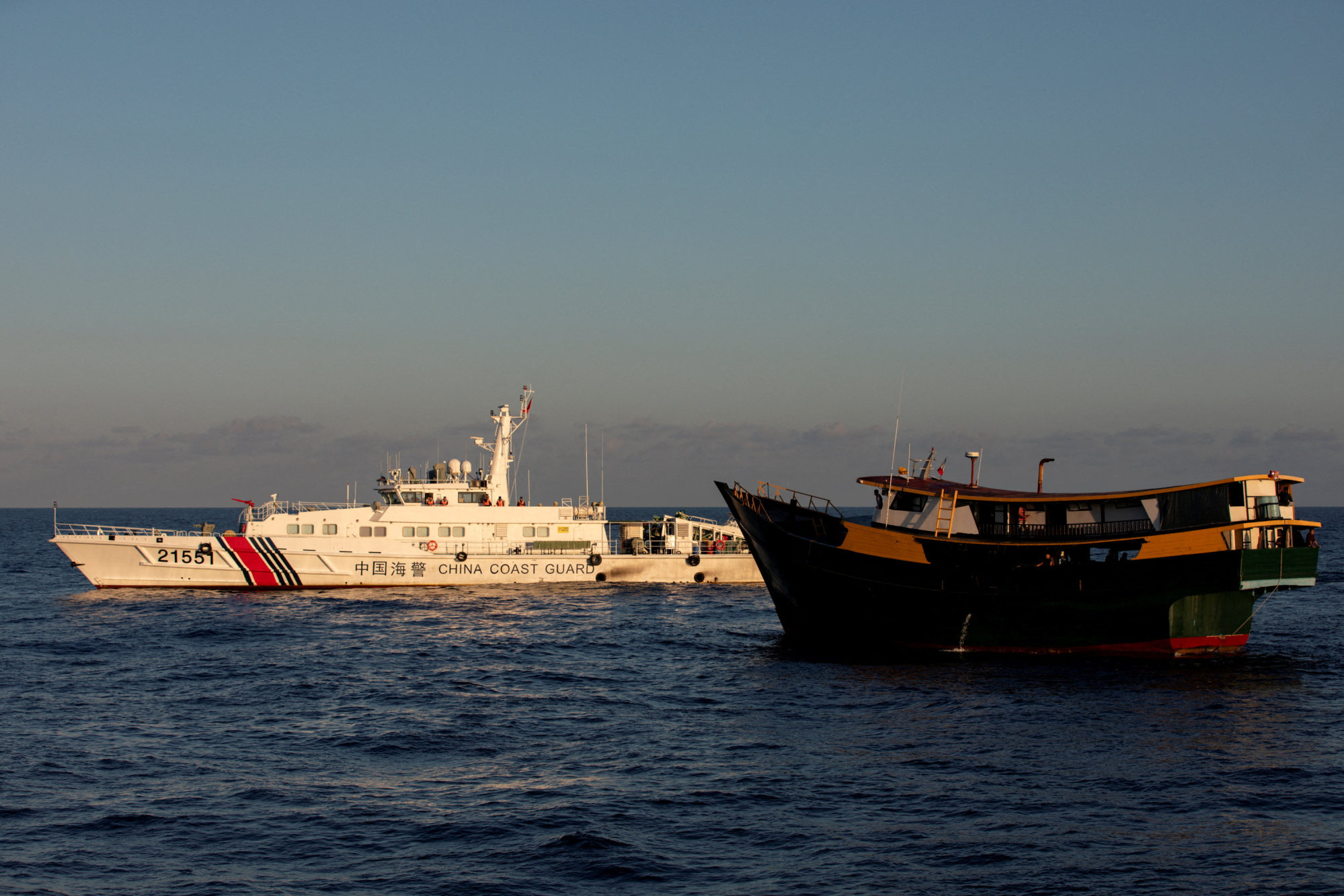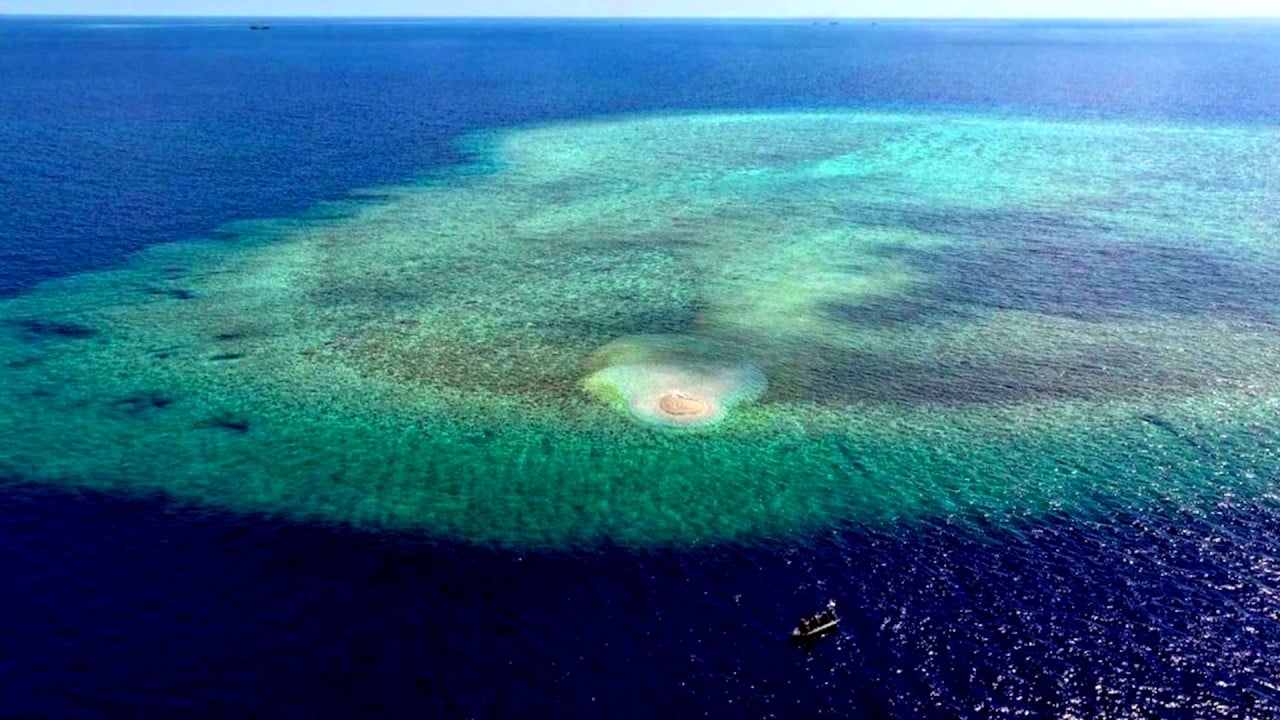
Why Chinese think tanks’ South China Sea reports targeting Vietnam, Indonesia will only escalate tensions
- Singling out Vietnam and Indonesia is simply an attempt to divert attention from maritime confrontations in the disputed waterway
- The best way to ease tension would be to exercise caution at sea and for external countries to diplomatically engage China and the Philippines
Beijing-based Grandview Institution warned that Vietnam’s reclamation in the South China Sea could “complicate and expand” disputes in the region, in its report on May 14.
The report pointed out that Vietnam had reclaimed more land in the region over the past three years than in the previous four decades. Hanoi had carried out only “modest” reclamation efforts on 29 islands and reefs it controlled in the Spratly Islands, a disputed archipelago in the South China Sea, up to 2019, according to the institution.
But in recent years, Vietnam has embarked on major dredging and landfill works and expanded the reclaimed area several times, from the original 0.7 sq km (0.27 sq miles) to 3 sq km, the report’s author Liu Xiaobo said.

Luo Yongkun, deputy director of Southeast Asian and Oceanian Studies at the Beijing-based think tank, warned that it would require “superb political wisdom” for Jakarta to maintain its friendship with Beijing amid “dramatic geopolitical changes”.
This would trigger changes in the regional geopolitical structure and risk the interests of all parties in the region, he said.
At a time of heightened tensions, the reports serve little purpose in reducing tension.
In the case of Indonesia, there should be no reason for it to be singled out in the event of a conflict in the South China Sea, as Jakarta is not a claimant of maritime territory in the waterway.
Chinese think tanks have traditionally toed Beijing’s line and reflected their government’s position. In a report issued by European research institute Mercator Institute for China Studies this month, China has, over the past decade, pushed “to closer align think tanks’ activities with political agendas”.
“Due to the changing policy environment … room for truly independent think tanks has become negligible,” said the report’s authors Nis Grünberg and Grzegorz Stec.
Apart from being poorly timed, the reports have unnecessarily targeted Vietnam and Indonesia and even appeared to have pushed the blame in rising South China Sea tensions on Hanoi and Jakarta.
Given the current skirmishes between Beijing and Manila in the disputed waterway, the best ways to ease tension would be to exercise caution at sea and for external countries to diplomatically engage China and the Philippines.
Singling out other parties – Vietnam and Indonesia – is simply an attempt to divert attention from the maritime confrontation, and even drama, that is unfolding in the South China Sea, of which China’s substantive and contributory role should not be overlooked.


